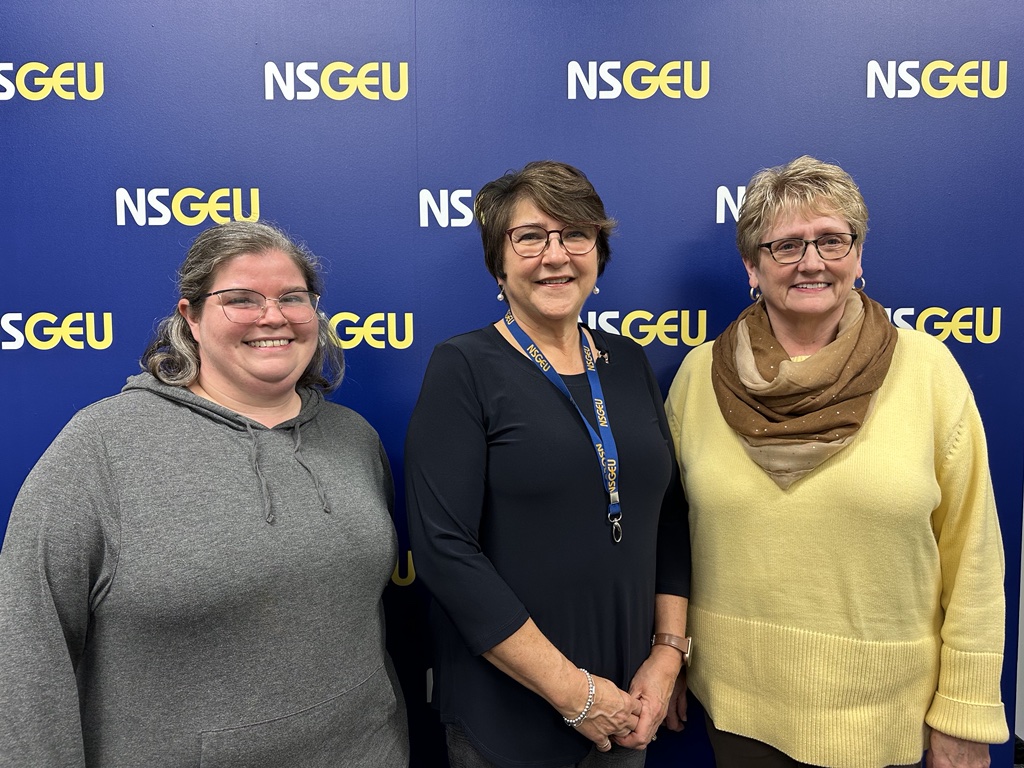A continuing-care assistant (CCA) is raising safety concerns around COVID-19 as the flu season ramps up in Nova Scotia.

She says a lack of protocols is leaving workers vulnerable to the illness and placing strain on the health-care system.
Audrey Oliver works as a CCA with VON Canada in the Annapolis Valley. She wants to see better protocols in place to mitigate the risk of the virus in home-care settings.
“Our concern right now is more or less that our clients do not have to disclose anymore if they do have COVID,” Oliver says.
She says that leaves staff members vulnerable to infection as workers are not mandated to wear masks and patients who contract the virus aren’t required to isolate.
She says family and friends can also visit the home while the care is being provided, which increases the risk.
“We do screeners before we go into the home, but they are under no obligation to disclose whether they are sick or not — unless we hear it in their voice,” says Oliver.

Get weekly health news
She adds the community health care sector is already stretched thin — and additional sick days place further strain on the system.
“If we get COVID, then we have to be off work for seven days from the onset of symptoms, and then we have to come back to work (and) isolate,” Oliver says.
That means extra layers of personal protective equipment including donning a mask, gown and goggles.
The president of the Nova Scotia Government and General Employees Union (NSGEU) says workers can quickly run out of sick days.
“Many of these folks have had COVID not once, but twice, and therefore their isolation period is going to be using up sick time, so it’s challenging, especially at this time of year,” says Sandra Mullen.
She reminds everyone to do their part to limit the spread.
“The public needs to recognize that they need to protect the health of those coming into their home and that’s the bottom line,” she says.
The province’s minister of seniors and long-term care says the government understands the concern, but it doesn’t think additional protections are necessary.
“They’ve been working on that for over three years. Each of the staff themselves has the responsibility and expertise to asses their own symptoms as well as the health of the residents that they’re caring for,” says Barbara Adams.
“We’re encouraging everyone to follow the best practices.”






Comments
Want to discuss? Please read our Commenting Policy first.